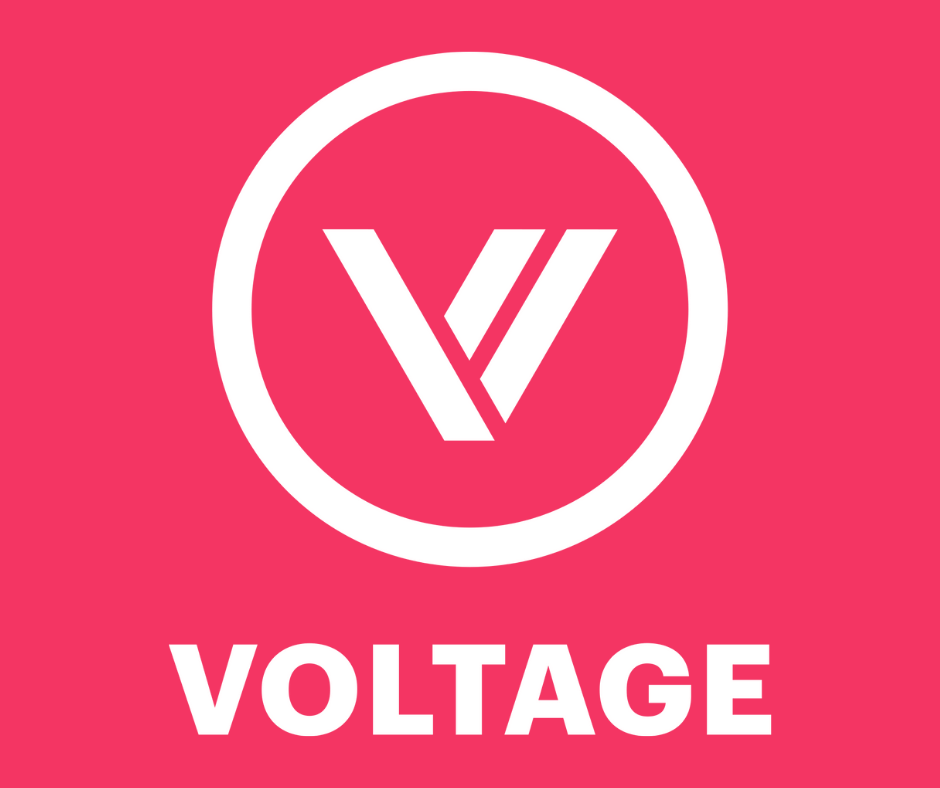 Birmingham’s Innovation Depot has announced the eight entrepreneurs who have been selected to participate in the second cohort of Voltage, The Depot’s idea accelerator program that launched in early 2021.
Birmingham’s Innovation Depot has announced the eight entrepreneurs who have been selected to participate in the second cohort of Voltage, The Depot’s idea accelerator program that launched in early 2021.
Voltage is designed to support entrepreneurs who have an idea for a tech or tech-enabled business as they translate that idea into a prototype. It has been streamlined into a six-week program held outside of traditional nine to five working hours. Before founders leave their primary job or invest funds building a minimum viable product (MVP), Voltage helps them assess the feasibility and viability of their idea to see whether they should forge ahead with the concept, pivot or go back to the drawing board.
“We’re very excited to launch our second cohort of Voltage,” said Kellie Clark, director of programs. “We’ve already seen a great deal of success from our first cohort, with companies like Dippi, Fundrage and Cheers currently growing in Birmingham. We look forward to helping this new cohort of budding founders as they explore the possibilities for their solutions.”
Participation in Voltage requires no previous tech or entrepreneurship experience, and the program currently runs twice per year with plans to increase the frequency in the future. Participants will work closely with mentors who are industry experts as they walk through the steps for launching a successful startup or pivoting to a new venture. Program instruction will begin on Saturday, Oct. 9.
“We are so proud of the impact Voltage has already had on Birmingham’s startup landscape,” said Drew Honeycutt, CEO of Innovation Depot. “We believe that we’ve found a unique and important gap in the area’s programming opportunities, and we intend to continue doing our part to build a diverse and inclusive tech ecosystem where anyone with a vision and determination can gain access to the tools necessary to succeed.”
These are the new Voltage members and their projects:
Bronze Lougheed
Problem: Creating a streamlined network for artists, creatives and entrepreneurs to turn passion into profit.
Dondi West
Problem: Reducing entry barriers for underrepresented communities in the digital economy.
Elisa Plumb
Problem: Matching job opportunities and talent in the service industry.
Emmanuel Umoh
Problem: Automating real-time communication amongst nursing staff.
Josep Rubio Pique
Problem: Pricing SaaS for financial institutions.
Mikhail Kozorovitskiy
Problem: Giving users the autonomy to decide how their data is shared and monetized.
Philip Briner
Problem: Providing mental health support for hospitalized patients.
Nicole O’Donnell
Problem: Bridging the gap between newcomers and freelance tourist guides.



